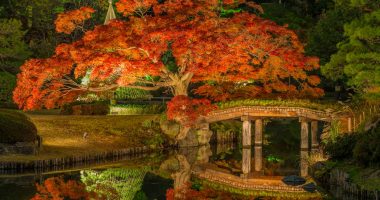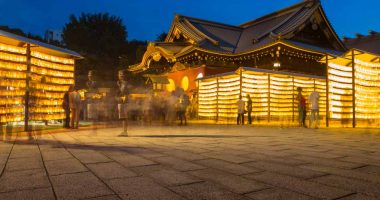Baseball is so well-rooted in Japan that it’s hard to believe the game’s origins lie abroad. Annual spectator figures are well over 20 million, dwarfing Japan’s second most popular spectator sport, football, which draws in about 5 million. Nor is the following limited to the professional leagues: the All-Japan University Baseball Championship Series and the Tokyo Big6 Baseball League (a league between six major universities in Tokyo) are also key events on the baseball calendar for the media and fans alike.
Horace Wilson, an English professor who worked at Kaisei School (now Tokyo University), is widely considered to have introduced baseball to the country when he taught a small group of students the game in the early 1870s. The first professional league was founded in 1936 and this gave rise to Nippon Professional Baseball (NPB) in 1949, today the largest competitive league in Japan. NPB consists of two circuits: the Pacific League and the Central League, each of which contain six teams who play each other in a 144-game season that runs from early April to October. At the end of the season the top two teams from each circuit play off against each other in the Japan Championship Series held in November, a best-of-seven competition that decides the grand champion.
The rules differ slightly between the two circuits: the Pacific League employs the “designated hitter” rule (a player designated to bat in place of the pitcher), while the Central League does not.
 How can I watch a baseball game?
How can I watch a baseball game?
With five professional baseball teams in and around the Tokyo area and each team typically playing 5-6 games per week, getting tickets is relatively easy. Tokyo Dome (home to the Yomiuri Giants) and Meiji Jingu Stadium (Tokyo Yakult Swallows) are the two baseball stadiums in Tokyo and tickets can be purchased directly from each team’s official website. Yokohama Stadium (Yokohama Baystars) is another option being only 45 minutes by train from Tokyo. Ticket prices typically range from ¥1,000 ($7) to ¥6,000 ($42) and can be purchased on the day, but it’s always best to book ahead.
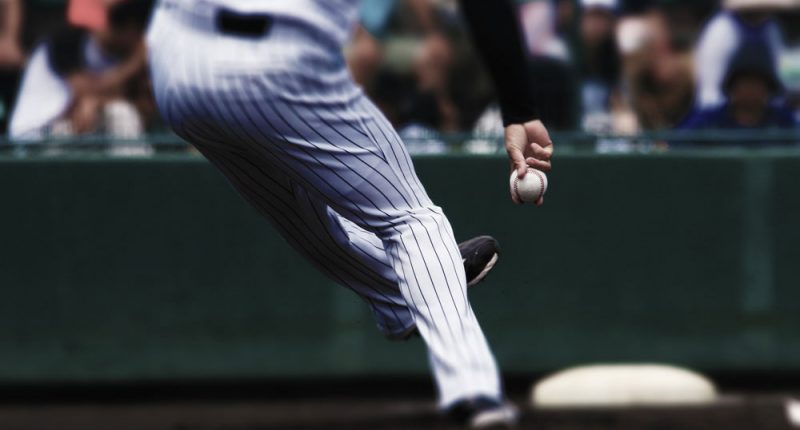
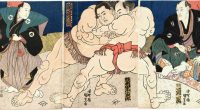
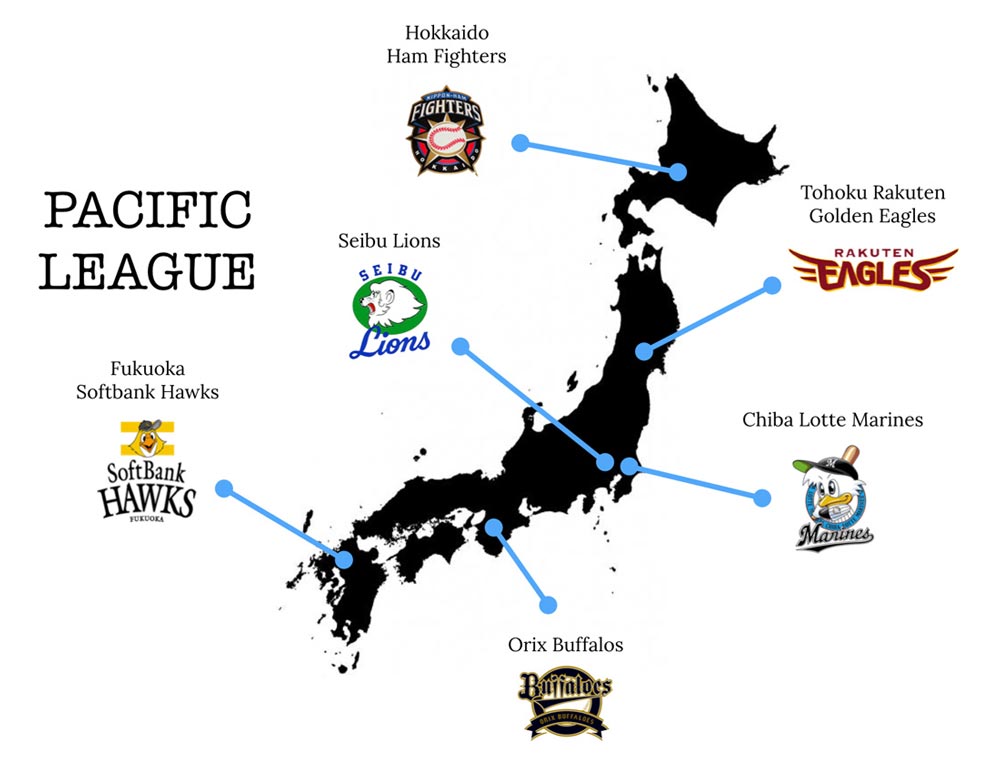
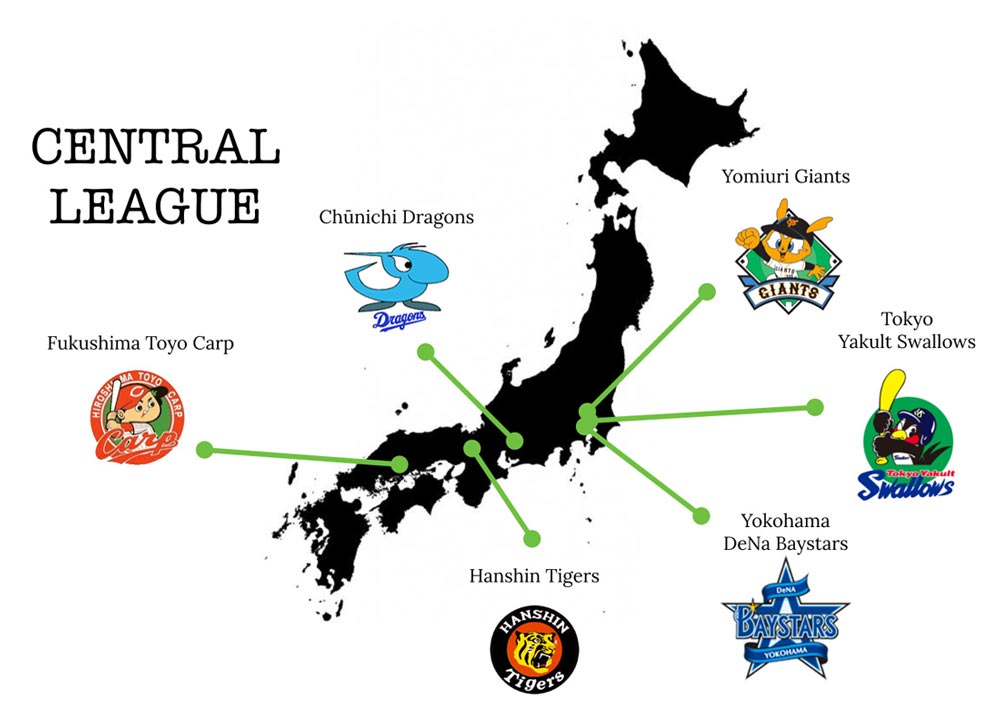 How can I watch a baseball game?
How can I watch a baseball game?